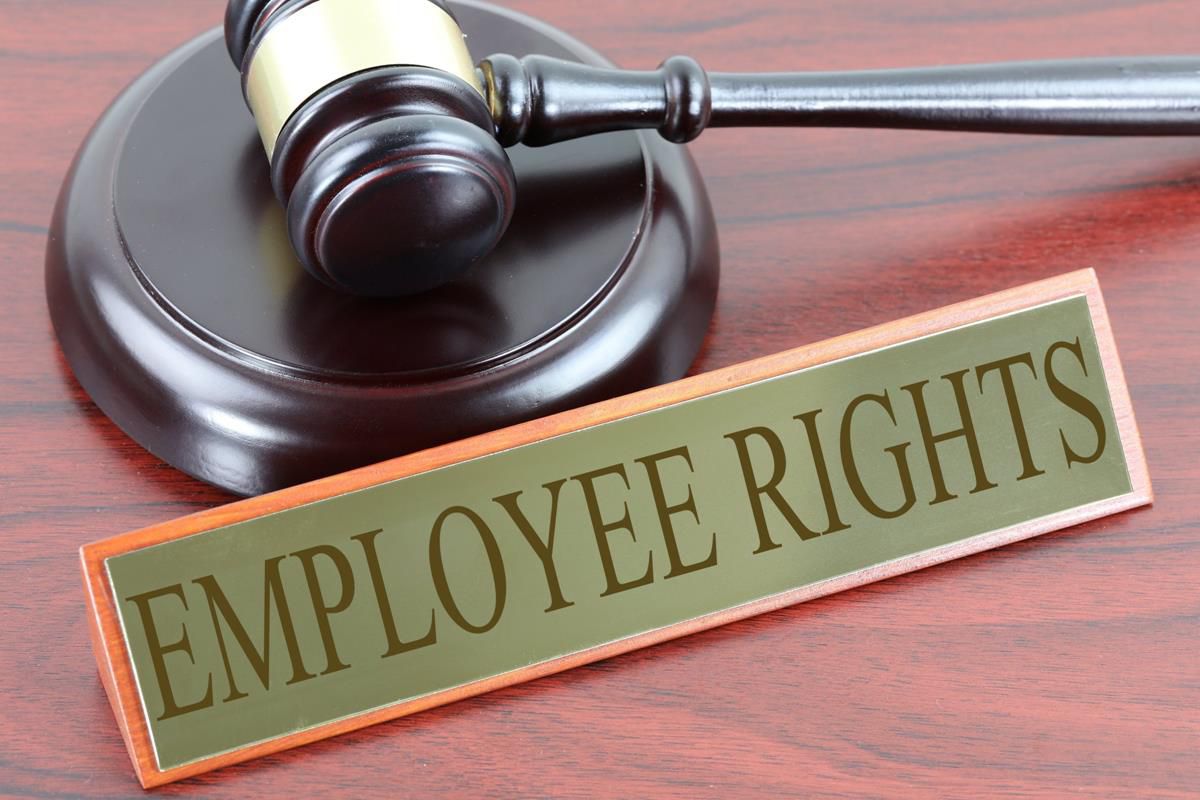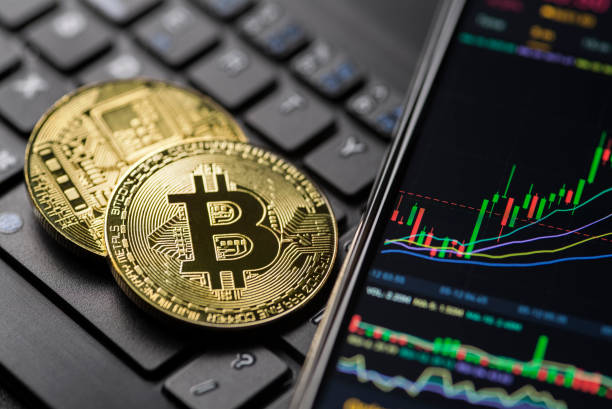US law protects institutions and exposes retail investors Rep. Torres says
US law protects institutions investors are exempt from the registration requirements of the Securities Act of 1933

On July 13, 2023, United States District Court Judge?Analisa Torres interview?ruled that Ripple's XRP (XRP) token should not be considered a security when sold on retail digital asset exchanges.?This ruling was a victory for Ripple and the cryptocurrency industry as a whole, but it also raised concerns about the uneven protection afforded to retail investors under US law. In an interview with Cointelegraph, New York Representative Ritchie Torres said that the Ripple decision reveals a "cruel irony" in securities law:?"It protects US law protects institutions investors while leaving retail customers exposed, even though the latter arguably requires more protection than the former."
Torres, a Democrat who is known for his advocacy for consumer protection, said that the lack of protection for retail investors underscores the "fierce urgency" around passing a market structure bill to protect the average American consumer.
How US law protects institutional investors
US securities law is designed to protect investors from fraud and other abuses. However, the law also recognizes that certain investors, such as institutional investors, are more sophisticated and can better protect themselves. As a result, the law provides certain exemptions for institutional investors from certain securities registration and reporting requirements.
For example, US law protects institutions investors are exempt from the registration requirements of the Securities Act of 1933. This means that they can purchase unregistered securities, such as private placements, without having to go through the costly and time-consuming process of registering the securities with the?Securities and Exchange Commission?(SEC).
Institutional investors are also exempt from certain reporting requirements under the Securities Exchange Act of 1934. For example, they are not required to file quarterly and annual reports with the SEC, as public companies are.
How US law exposes retail investors
Retail investors, on the other hand, do not have the same level of sophistication as institutional investors. As a result, they are more vulnerable to fraud and other abuses. However, the law does not provide retail investors with the same level of protection as institutional investors.
For example, retail investors are not exempt from the registration requirements of the Securities Act of 1933. This means that they can only purchase registered securities. This can make it difficult for retail investors to invest in new and innovative companies, as these companies often sell unregistered securities in private placements.
Retail investors are also subject to certain reporting requirements under the Securities Exchange Act of 1934. For example, they are required to file certain forms with the SEC when they purchase or sell large amounts of securities. These reporting requirements can be burdensome and expensive for retail investors.
The Ripple decision and the need for reform
The Ripple decision highlights the uneven protection afforded to retail investors under US law. The law protects institutional investors by exempting them from certain registration and reporting requirements. However, the law does not provide the same level of protection to retail investors.
This uneven protection is likely to have a negative impact on the cryptocurrency industry. If retail investors feel that they are not protected, they may be less likely to invest in cryptocurrencies. This could stifle innovation in the cryptocurrency industry and prevent it from reaching its full potential.
What can be done to protect retail investors?
There are a number of things that can be done to protect retail investors. One option is to reform the securities laws to provide retail investors with the same exemptions as institutional investors. This would allow retail investors to invest in new and innovative companies, such as cryptocurrency companies, without having to go through the costly and time-consuming process of registering the securities with the SEC.
Another option is to create a new regulatory framework for cryptocurrencies. This framework could provide retail investors with more protection, while still allowing the cryptocurrency industry to innovate.
The Ripple decision highlights the need to reform US securities law to better protect retail investors. Retail investors are more vulnerable to fraud and other abuses than institutional investors, but the law does not provide them with the same level of protection. This uneven protection is likely to have a negative impact on the cryptocurrency industry.
There are a number of things that can be done to protect retail investors, such as reforming the securities laws or creating a new regulatory framework for cryptocurrencies. It is important to take steps to protect retail investors so that they can participate safely and fairly in the cryptocurrency market.
Additional thoughts
Here are some additional thoughts on the topic:
- The Ripple decision is a step in the right direction, but it does not go far enough. The SEC needs to provide more clarity on how it will regulate cryptocurrencies. This will help to protect retail investors and promote innovation in the cryptocurrency industry.
- The SEC should also work with Congress to pass legislation that creates a new regulatory framework for cryptocurrencies. This framework should provide retail investors with more protection, while still allowing the cryptocurrency industry to innovate.
What's Your Reaction?
















